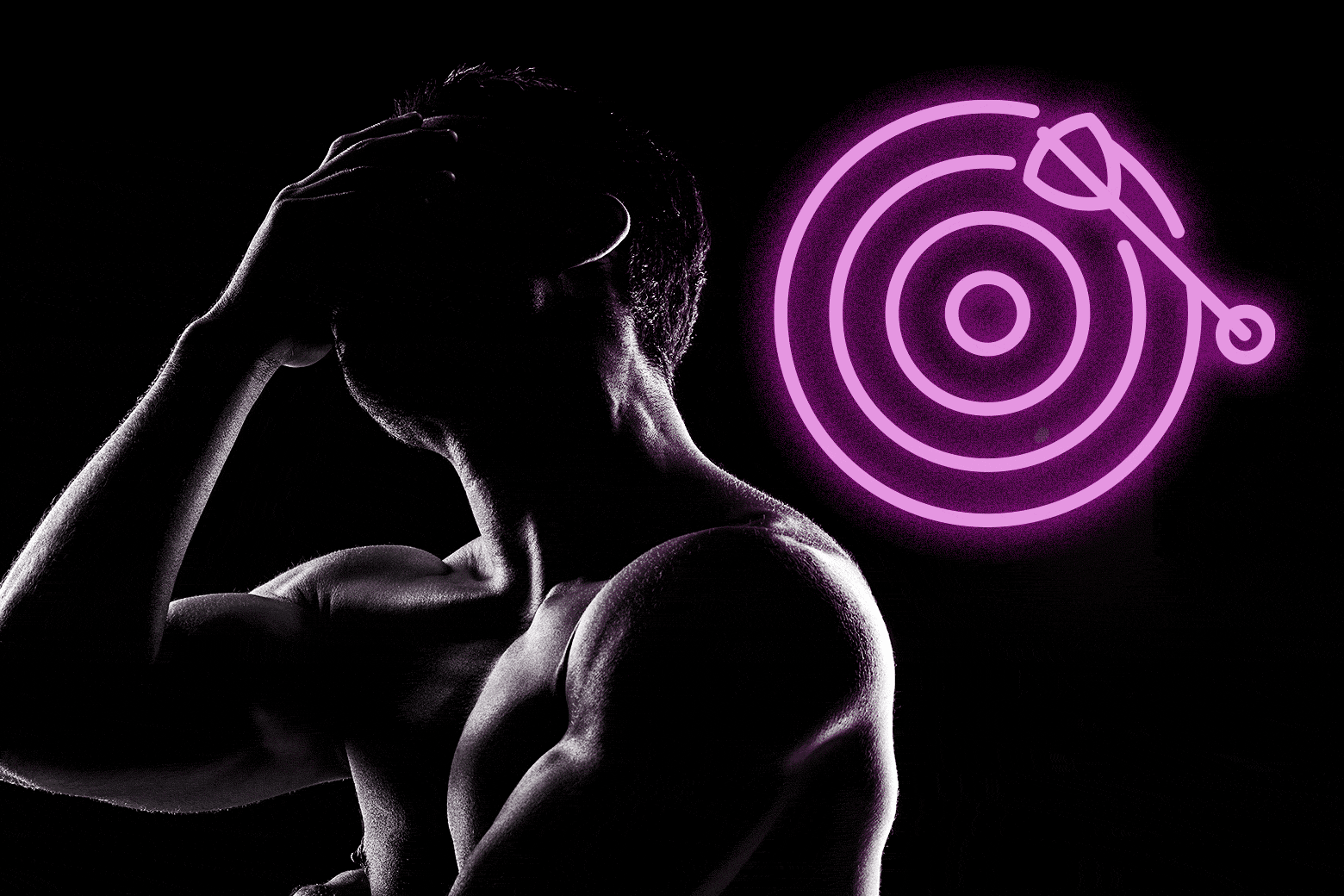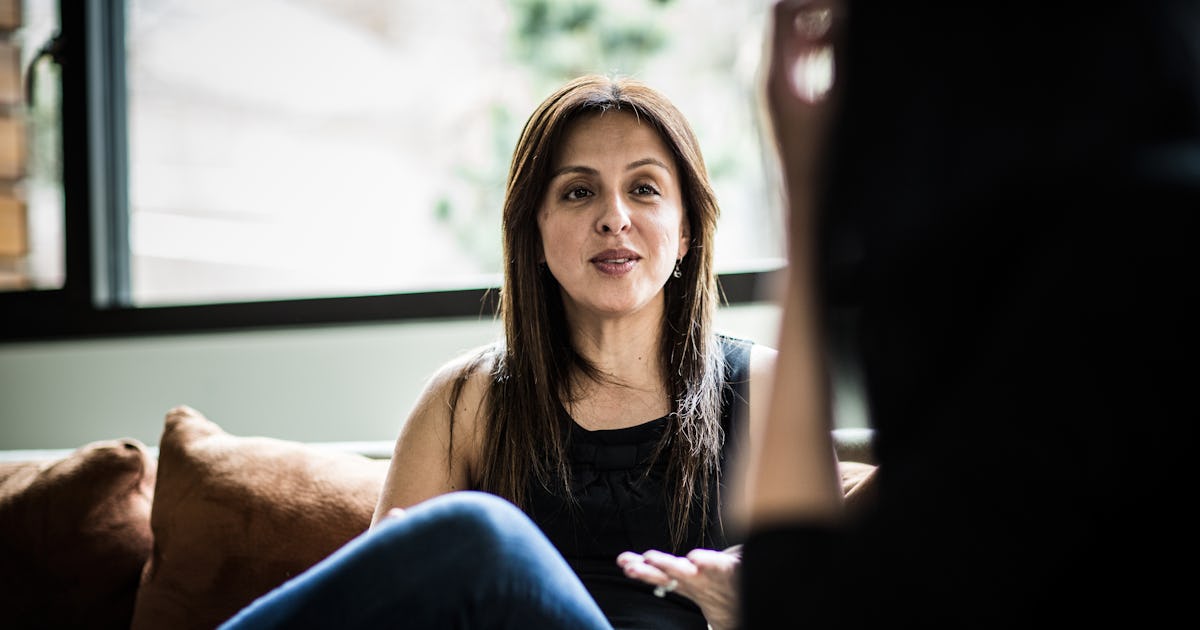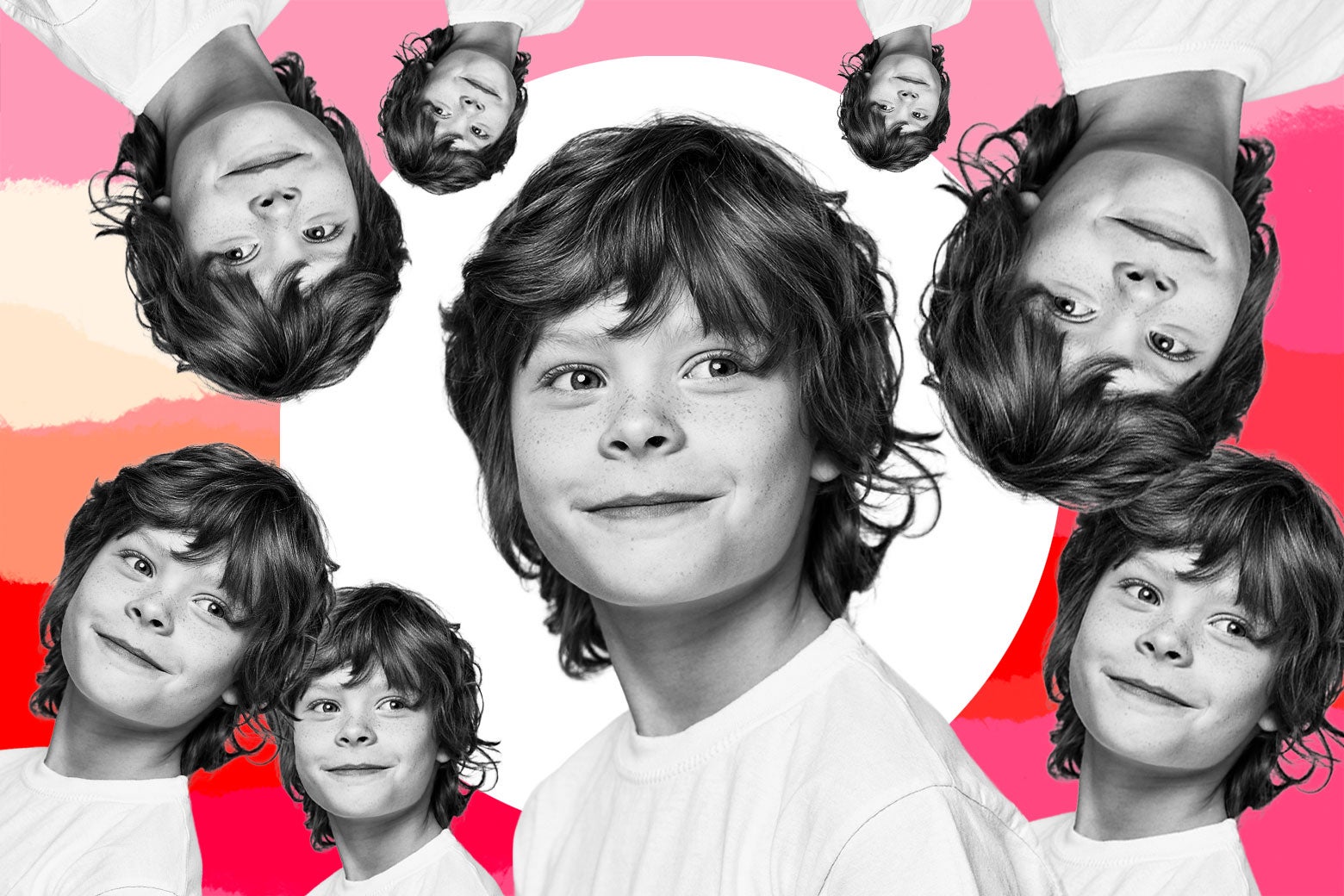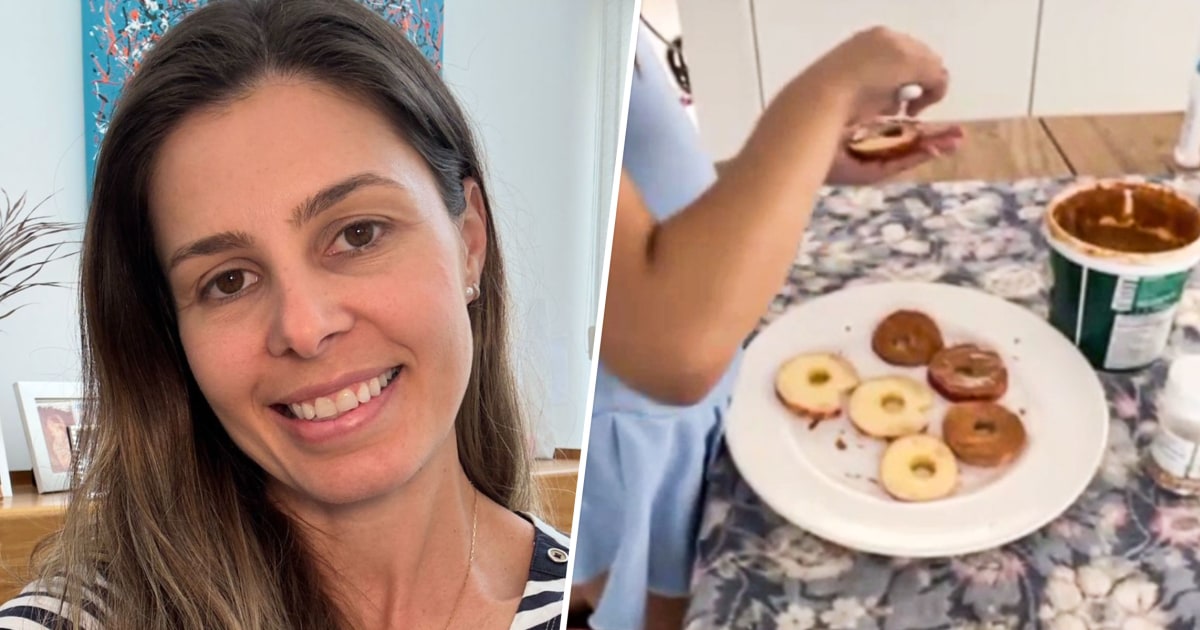#boundaries
#boundaries
[ follow ]
#relationships #communication #friendship #family-dynamics #self-care #parenting #grief #privacy #mental-health
fromInc
1 day ago4 Strategies Introverts Can Use to Prevent Burnout
Have you ever felt like your brain was one of those viral egg experiments, cracked open and sizzling on a bare sidewalk that was truly, much too hot? You may have been experiencing signs of burnout (and dehydration). As an introverted professional, I've been there as well, many times in my career. Over the years, I've developed healthy reflective coping methods to recharge my batteries and prevent (or at least combat) that intense feeling of overwhelm.
Mental health
Relationships
fromwww.mercurynews.com
3 days agoHarriette Cole: My boyfriend ghosted me, but when I saw him he acted like everything was normal
Recognize and accept others' unreliable behavior; protect emotional and professional well‑being by moving on from unsupportive partners and directly setting boundaries with roommates.
fromPsychology Today
3 days agoProtecting Your Eating Disorder Recovery
The holiday season can stir up a complex blend of excitement and dread, especially for people in eating disorder recovery. Food-centered gatherings, shifting routines, unsolicited comments about bodies, and long-standing family dynamics can activate anxiety even when your recovery feels steady. Being anxious does not mean you are failing. It means you are human. Recovery is hard work on an ordinary day. It takes effort, attention, and support even when life is calm.
Mental health
Relationships
fromSlate Magazine
4 days agoHelp! One Night, I Sent a Slightly Unhinged Text to My Husband's Best Friend. He Still Hasn't Forgiven Me.
A wife's apology failed to restore relations with her husband's friend, who refuses contact and won't attend his birthday despite the couple's reconciliation.
fromBusiness Insider
1 week agoMy parents treated me like a child even after I moved out. I had to redefine my relationship with them.
Nobody warned me about the awkward phase with parents. For me, it was the period right after college that included landing my first important, non-internship job, taking control of my finances, and eventually moving out. I was a full-fledged adult - by society's standards. At work, I fit the bill. I was patient, poised, and responsible, always communicating respectfully, pulling my own weight, and holding myself accountable for mistakes.
Relationships
Relationships
fromBusiness Insider
1 week agoOur neighbors didn't have family, so they became like grandparents to my kids. I still regret that I couldn't help them more than I did.
Close elderly neighbors became like grandparents, caring for family pets and children, but growing involvement led to necessary boundaries and relationship friction.
fromwww.mercurynews.com
1 week agoAsking Eric: I'm not going to tell a total stranger my plans for the day
Something general and meaningless can help divert small talk such as this. Oh, not sure or Enjoying it, I hope or This and that. These are empty-calorie phrases that keep the ball in the air without forcing you to divulge anything you don't want to divulge. It's also helpful to keep the context of these questions in mind. These people aren't prying. As you said, they're trained to make small talk so that customers feel comfortable. Depersonalizing the ask can help.
Relationships
Relationships
fromBuzzFeed
1 week agoPeople In Relationships, Tell Us The Non-Sexual Things That Are Still Absolutely Not Okay To Do With Someone Who Isn't Your Partner
Non-sexual behaviors like secret communication and overly intimate emotional exchanges can undermine trust and constitute emotional cheating in romantic relationships.
fromwww.mercurynews.com
1 week agoAsking Eric: He stood me up with no explanation. Does he deserve another chance?
Unmatch, unswipe, un-whatever-you-need-to-do. Yes, things happen; days get unmanageable; kids have minor crises. But the upside of being in this age where we're perpetually reachable at all hours is that when something unexpected happens, we can communicate about it. You're connected to this man through three platforms now text, the old app, and the new app. And yet he couldn't find a way to say the simplest thing on the day of the coffee: I'm not going to make it. I'm sorry for keeping you.
Relationships
fromwww.mercurynews.com
1 week agoDear Abby: She told me her secret, and it might end our friendship
Because her husband has health issues, she retired early to be at home to care for him. She recently confided to me that they haven't been intimate in almost 20 years and that two years ago she started a romantic relationship with a man she knew. She says they both lack physical affection in their marriages and came together to fill that void.
Relationships
fromSlate Magazine
1 week agoA Certain Kid Is Always at Our Local Playground Without an Adult. But That's Not My Only Problem With Her.
I took my 5-year-old daughter to the neighborhood park today. Invited a friend and his girls, ages 6 and 2. Usually our kids play very well together. At the park we ran into a girl who we've played with before. Let's call her Denise. She's 10 and comes to the park by herself. We're not sure where she lives, but it must be within walking distance. But that's not my only problem with her.
Parenting
Mental health
fromSlate Magazine
1 week agoMy Brother-in-Law Just Got Sober. I Want to Support Him, but I Want Wine With My Thanksgiving Turkey More.
Serving wine at Thanksgiving is acceptable when most guests drink; one newly sober guest can navigate alcohol's presence without requiring a dry household.
fromVulture
1 week agoI Love LA Recap: Bumpin' That
When Maia takes Tallulah out for coffee, she can barely say, "I want to talk to you about your career," before making fun of herself. Then, as she tries to launch into a pitch for "getting into the health and fitness space," her first task instead becomes keeping Tallulah from getting arrested. When athleisure blonde Paulena (Annalisa Cochrane) looks across the coffee shop and recognizes Tallulah, she makes a huge scene asking for her Balenciaga bag back.
Television
fromPsychology Today
2 weeks agoProtecting Your Energy: The Leadership Skill No One Talks About
When we talk about leadership, the focus is almost always on what you do. Communication. Influence. Strategic thinking. Decision-making. Performance.But the foundation that holds all of those things together, and that determines how well you can actually show up for them, is often overlooked: Your energy.We see this every day in our coaching and Women Rising programs. Brilliant, capable women who know what's required of them but are too depleted to consistently deliver at the level they expect of themselves.
Women
Relationships
fromwww.theguardian.com
2 weeks agoI seem to put out a strong new-best-friend' vibe, then I back off. Should I dial it down?
Aging can shift social patterns from reserved to outspoken, producing inconsistent intimacy signals that draw people close then push them away, causing hurt and confusion.
fromPsychology Today
2 weeks agoParenting Adult Children as They Age
When I was researching and writing my new book, I knew that the focus would be on identifying ways to parent adult children that results in more harmonious and less stressful contact. But the farther I got into it, interviewing people and reading the research, the more I realized that every decade has its unique challenges and that I needed to fine tune how we communicate with our adult offspring based on their current stage in life.
Relationships
fromPsychology Today
2 weeks agoShowing Up for Yourself: A Deep Dive
What does it mean to show up for yourself? Two people in the same situation showed up for themselves in different ways. Life can be fast, messy, and difficult. We have roles, responsibilities, relationships, and stuff getting in the way of what we need to do for ourselves. Showing up for yourself means to do what you need to do to honor your authentic self without judgment.
Mindfulness
fromPsychology Today
2 weeks ago5 Steps to Set Boundaries With Family During the Holidays
The holiday season can be stressful for many reasons. For those who struggle with their family or certain family members, this time of the year can be especially anxiety-provoking due to increased expectations for family togetherness. One of the challenges of being around family is that they can trigger many past hurts in us, making it difficult to manage these strong emotions.
Mental health
fromTiny Buddha
2 weeks agoWhen Love Isn't Enough: How I Found Healing After Emotional Abuse - Tiny Buddha
That if we just hold space long enough, people will change. Heal. Transform. But here's what I've learned the hard way: Love only transforms when both people are willing participants in healing. Love cannot live where there is no safety. It cannot grow in an environment ruled by control or fear. And it cannot thrive when one person is constantly shrinking just to survive.
Relationships
fromPsychology Today
3 weeks ago5 Reasons Forgiveness Is Not a Good Way to Heal
Forgiveness is often offered as a powerful solution, as an agent to not only help you heal from painful events but also allow you to move forward. The general idea is that holding onto anger can make you bitter and hold you back from healing from harm that someone has done to you. But the problem is that there are several serious complications when we try to use forgiveness as a solution.
Philosophy
fromHuffPost
3 weeks agoThe Most Controversial 'Relationship Rule' That Couples Therapists Hate
In a TikTok with more than 248K likes as of this writing, creator Davide De Pierro discusses how one of his dating rules is that his female partner shouldn't make new male friends. She's allowed to have male friends... as long as they met before the relationship started. Making new ones while committed? Not allowed. Many of us know the feeling: a friend drifting away because their partner isn't comfortable, or trying to chat with someone platonically, only to be reminded, "I'm taken."
Relationships
Careers
fromSlate Magazine
3 weeks agoMy New Co-Workers Want to "Break the Ice" With Stories About the Past. I Don't Think They Want to Hear Mine.
Avoid competing with coworkers' adolescent stories; steer conversations toward neutral adult topics, ask questions about hobbies and local recommendations, and draw coworkers out about their talents.
fromBuzzFeed
3 weeks ago"My Mum Expects Me To Care For Her In Old Age. How Do I Tell Her I Can't?"
Often, these expectations are unspoken. A parent might have spent years believing you'd 'step in one day,' even if that was never discussed. When you finally say you can't, guilt and fear can flood in, but honesty is an act of love, too. There is no point offering something you cannot emotionally or financially afford, she added. So, try to stay clear-sighted and precise about what you're really able to offer - even if that doesn't feel like much.
Mental health
Mental health
fromwww.theguardian.com
3 weeks agoFrom mood hoovers' to energy vampires' - here's why negative friends are good for you | Emma Beddington
Midlife calls for editing away noise, prioritizing positive relationships, while recognizing that pessimistic, energy-draining people can still offer valuable perspective.
fromwww.mercurynews.com
3 weeks agoDear Abby: Why are some of these old people so cranky?
My neighbor is 80. She's known me since I was 13. Her husband died 10 or so years ago. She's my political opposite. All she does all day is stay inside her house (even when it's sunny) and watch TV news. I try to be nice to her because she's alone and probably depressed, but sometimes I want to curse her to high heaven. I borrowed $40 from her and told her I'd give it back the next day.
Relationships
Relationships
fromHuffPost
3 weeks agoTherapists Say These 5 Relationship Issues Crop Up Often For Oldest Daughters
Eldest-daughter conditioning shapes relationships by producing reliable, loyal caregiving and initiative while risking burnout, resentment, and neglected personal needs without clear boundaries.
fromSlate Magazine
4 weeks agoHelp! My Sister Is Trying to Ruin My Perfect Wedding Day. I Think She's Going to Regret It.
If you'd asked me what to do before you got frustrated with your sister and expressed it, I would have encouraged you to be a bit gentler with her. The commentary about insanity and moving on was unnecessary. She's obviously very hurt (making irrational demands, yes; but in pain, too) and didn't need to be told anything that would make her feel worse about herself.
Relationships
fromIndependent
4 weeks agoAsking for a friend: My one-night stand thinks we are now in a relationship and comments on all my social media posts. How do I tell him to leave me alone?
I had a one-night stand with a guy recently, and while it was fun, he seems to think we are now in a relationship or at least will end up in one. He messages me a lot and found my social media and now likes all my posts and stories. I had said to him that I was happy being single and that I was only looking for fun, which he said was cool.
Relationships
fromTiny Buddha
1 month agoYou Don't Have to Be Strong All the Time - Tiny Buddha
I was the one people turned to. And if they didn't turn to me, I turned to them. If someone was going through a hard time, I'd show up with soup, a handwritten card, or a call that stretched for hours. I'd intuit needs before they were spoken. And when people said things like "Wow! How do you even manage all this?" or "You're incredible," my heart swelled with pride. It felt good to be seen. It felt powerful to be needed.
Mental health
[ Load more ]


















:max_bytes(150000):strip_icc():focal(810x312:812x314)/couple-argument-city-081125-3be81c59ff3e4177a032ec6d2dc9ac5a.jpg)





